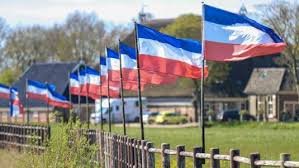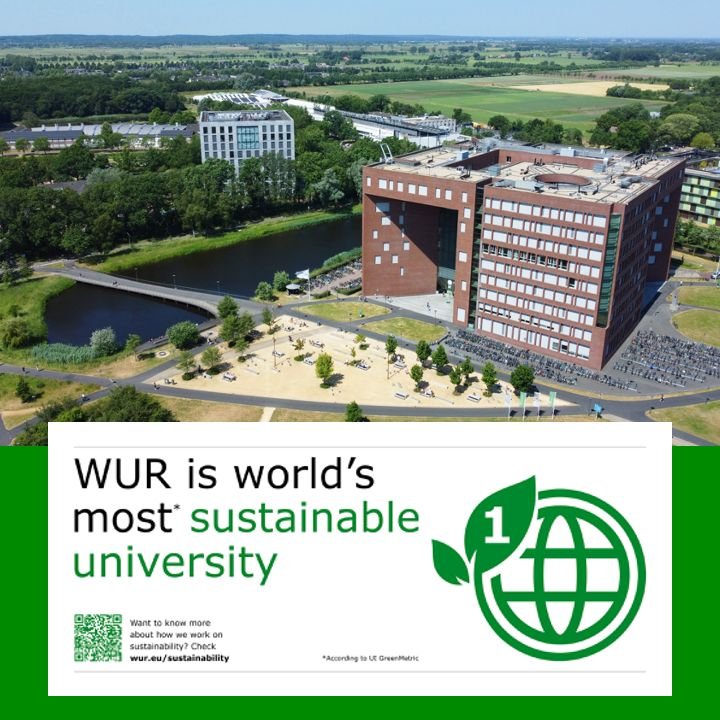
The Netherlands as the First Country to Legalize Same-Sex Marriage: A Historic Milestone
On April 1, 2001, the Netherlands became the first country to legalize same-sex marriage, marking a significant milestone in global equality and human rights. This historic decision followed a democratic process, with the House of Representatives passing the marriage equality bill by a substantial margin and receiving royal assent from Queen Beatrix. The move was part of a broader advocacy effort that began with registered partnerships for same-sex couples in 1998. Underpinning this legislation was a fundamental belief that equality is an inalienable human right, a principle enshrined in the Dutch Constitution since 1983. Dutch anti-discrimination laws are among the most comprehensive worldwide, prohibiting discrimination based on sexual orientation, gender identity, and other statuses across all societal sectors. Institutions like the Equal Treatment Commission actively enforce these protections. The Netherlands’ commitment to equality aligns with international human rights frameworks, including the Universal Declaration of Human Rights. Furthermore, the Dutch model is relevant to the United Nations’ Agenda 2030, which emphasizes that equality and non-discrimination are essential for addressing global challenges. This approach reflects a rational strategy to ensure sustainable, collaborative solutions for humanity’s pressing issues.

The Eighty Years' War: Religious Freedom and Dutch Unity as a Model for Global Cooperation
The Eighty Years' War (1568–1648) was a significant conflict resulting in the Netherlands' independence from Spanish rule and the formation of the Dutch Republic. The war began as a revolt against Spanish dominance, fueled by the financial and political weaknesses of Spain following years of conflict. Protestantism, particularly Calvinism, gained traction in the Dutch territories, leading to growing discontent with religious and political reforms. William of Orange, known as William the Silent, emerged as the leader of the revolt. Born in 1533, he transitioned from a Spanish loyalist to a revolutionary figure due to the increasing persecution of Protestants. His pivotal moment came in 1559 during discussions with King Henry II of France regarding plans to exterminate Protestantism, which compelled him to advocate for religious freedom. In 1564, William openly criticized Philip II's anti-Protestant policies, asserting that rulers should not dictate their subjects' beliefs. This revolutionary stance on religious freedom played a crucial role in rallying support against Spanish rule. The conflict escalated further with events like the Beeldenstorm, where Protestant iconoclasts attacked Catholic symbols, marking a significant turning point in the revolt against Spanish authority.

Wageningen University's Collaboration with Businesses for Sustainable Development: The Path to Zero Hunger
Wageningen University & Research (WUR), located in the Netherlands’ Food Valley, is a leading institution in life sciences, particularly in agriculture. Established in 1876, it is renowned for its commitment to sustainability, ranking as the world's top university for agricultural sciences and sustainable agriculture for several consecutive years. WUR’s mission focuses on balancing human needs, the environment, and the economy, aligning with the United Nations’ Sustainable Development Goals. WUR actively collaborates with businesses, governments, and civic organizations to translate research into practical applications that benefit society. These partnerships provide companies with access to cutting-edge research and sustainability expertise, fostering innovation and enhancing competitiveness. Businesses can engage with WUR through various avenues, including research projects, the Wageningen Data Competence Center, and tailored professional courses from Wageningen Academy. WUR's commitment to impactful research is further exemplified in its vibrant Wageningen Campus, which serves as a hub for innovation, bringing together companies, educational institutions, and research facilities. This collaborative framework aims to develop solutions for global challenges, ultimately contributing to a more sustainable and resilient future.

God created the Sea, but the Dutch created The Kingdom of The Netherlands
The Netherlands has a rich history of land reclamation, dating back over 2,000 years when the Frisians first settled and built terpen (earth mounds) for flood protection. This struggle against water became integral to Dutch culture, with significant efforts to hold back the North Sea. Major floods, such as the St. Lucia's Flood in 1287 and the 1953 disaster, underscored the challenges faced. Land reclamation evolved significantly during the medieval period with basic dikes, advancing in the sixteenth century through windmill technology, which enabled more efficient drainage and the creation of polders—arable lands reclaimed from water. By the seventeenth century, projects like the Beemster Polder showcased highly organized and advanced engineering techniques. Today, the Netherlands boasts around 3,000 polders, with about half of its land area reclaimed from the sea. As of 1961, 18,000 square kilometers were added, and approximately 27% of the land lies below sea level, housing over 60% of the population. The phrase "God created the world, but the Dutch created the Netherlands" epitomizes national pride in this extensive transformation and innovation in water management.